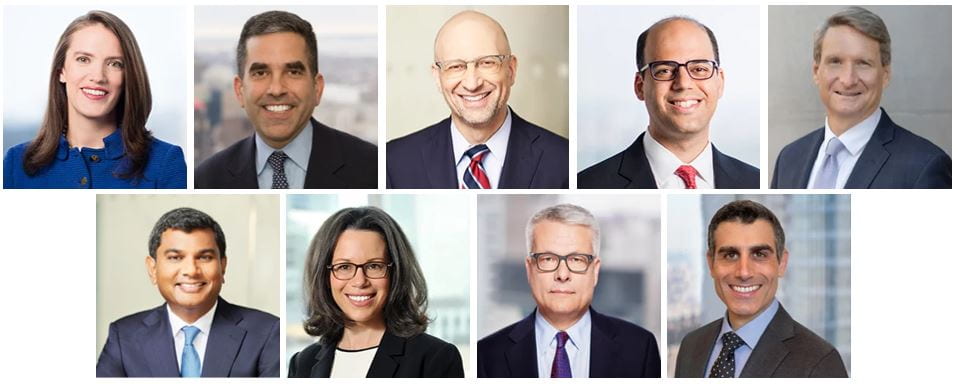by Beth Burgin Waller, Patrick J. Austin, and Ross Broudy

Left to right: Beth Burgin Waller, Patrick J. Austin, and Ross Broudy (photos courtesy of Woods Rogers Vandeventer Black PLC)
On March 13, 2024, the European Union’s parliament formally approved the EU AI Act, making it the world’s first major set of regulatory ground rules to govern generative artificial intelligence (AI) technology. The EU AI Act, after passing final checks and receiving endorsement from the European Council, is expected to become law in spring 2024, likely May or June.
The EU AI Act will have a phased-in approach. For example, regulations governing providers of generative AI systems are expected to go into effect one year after the regulation becomes law, while prohibitions on AI systems posing an “unacceptable risk” to the health, safety, or fundamental rights of the public will go into effect six months after the implementation date. The complete set of regulations in the EU AI Act are expected to be in force by mid-2026.









